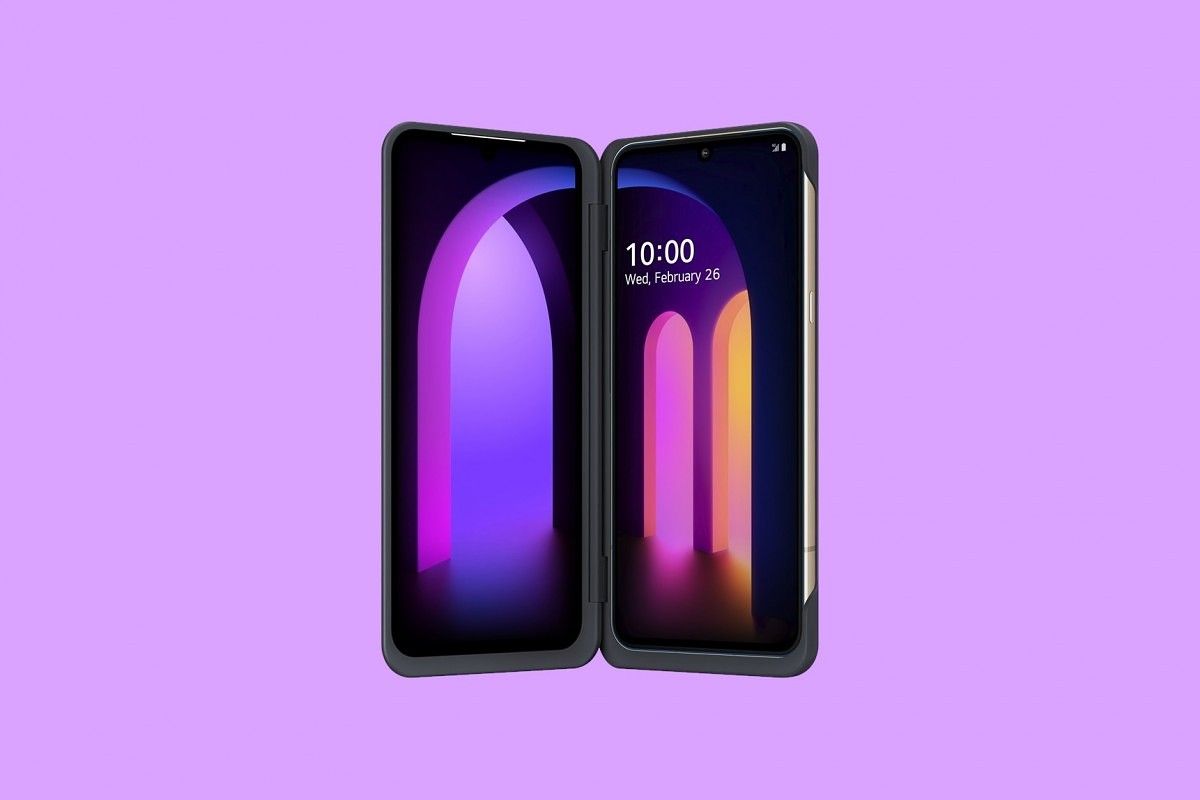The LG V60 ThinQ couldn't appear at MWC 2020 as the company skipped the event due to COVID-19 fears. Thanks to a number of leaks, we had a pretty clear idea about the flagship much before the slated release. LG finally decided to unveil the V60 ThinQ through an online-only event. The phone features a Dual Screen accessory like the previously launched LG V50 ThinQ and LG G8X ThinQ. The factory-installed UX skin, aka LG UX 9.0, is based on Android 10.
The kernel sources for the LG V60 ThinQ are now available on the company's open-source code distribution repository. The currently available package is meant for the Korean variant of the phone (LM-V600N) and corresponds to the software build version v10a.
LG V60 ThinQ XDA Forums || LG V60 ThinQ Kernel Sources
Releasing the GNU General Public License (GPL) compliant kernel source within a feasible timeframe is certainly appreciable. In theory, the availability of the kernel source allows aftermarket modders and developers to deep-dive into the code responsible to run the device and fine-tune it for themselves. They can get started on custom recoveries like TWRP, custom kernels, and AOSP-based custom ROMs such as LineageOS, as many users don’t prefer the skin that comes with the LG phones. An unlockable bootloader is, however, another prerequisite for such modding affairs.
LG has a love-hate relationship with the power users, as only a handful of phones manufactured by the company are whitelisted for bootloader unlocking. While the LG V60 ThinQ has yet to cement a place within that domain, we hope that the Korean OEM will soon allow bootloader unlocking for this phone.
The LG V60 ThinQ comes with the latest Qualcomm Snapdragon 865 SoC, 8GB of RAM, and 128GB of storage with an additional microSD slot. Apart from supporting 5G connectivity, the phone is also equipped with cutting edge Wi-Fi 6 and Bluetooth 5.1 support. In terms of photography, there is a 64MP main sensor, a 13MP wide-angle camera, and a dedicated ToF sensor. You can know more about the device in this hands-on by XDA TV‘s TK Bay.
Source: LG Open Source Code

